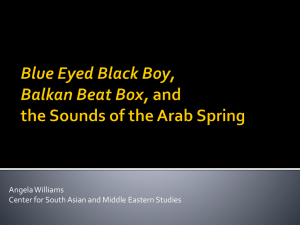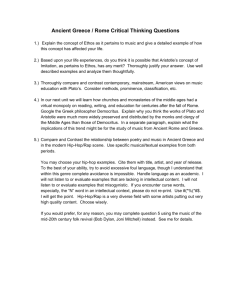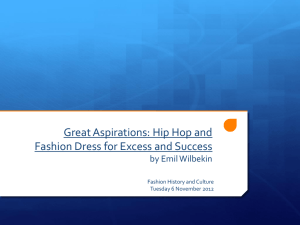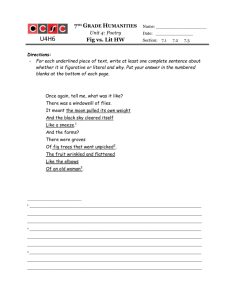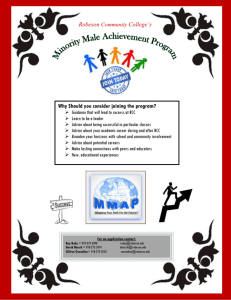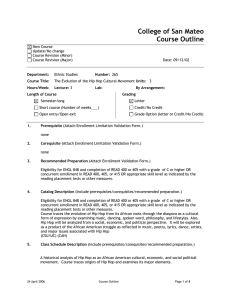edited - The Civilians
advertisement
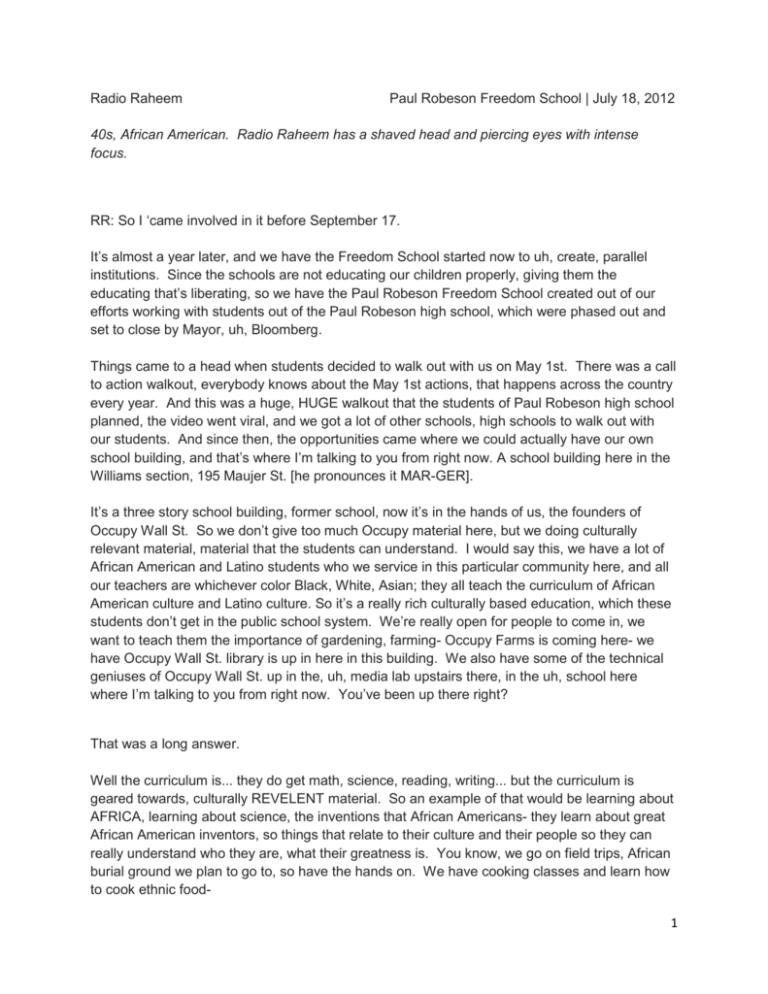
Radio Raheem Paul Robeson Freedom School | July 18, 2012 40s, African American. Radio Raheem has a shaved head and piercing eyes with intense focus. RR: So I ‘came involved in it before September 17. It’s almost a year later, and we have the Freedom School started now to uh, create, parallel institutions. Since the schools are not educating our children properly, giving them the educating that’s liberating, so we have the Paul Robeson Freedom School created out of our efforts working with students out of the Paul Robeson high school, which were phased out and set to close by Mayor, uh, Bloomberg. Things came to a head when students decided to walk out with us on May 1st. There was a call to action walkout, everybody knows about the May 1st actions, that happens across the country every year. And this was a huge, HUGE walkout that the students of Paul Robeson high school planned, the video went viral, and we got a lot of other schools, high schools to walk out with our students. And since then, the opportunities came where we could actually have our own school building, and that’s where I’m talking to you from right now. A school building here in the Williams section, 195 Maujer St. [he pronounces it MAR-GER]. It’s a three story school building, former school, now it’s in the hands of us, the founders of Occupy Wall St. So we don’t give too much Occupy material here, but we doing culturally relevant material, material that the students can understand. I would say this, we have a lot of African American and Latino students who we service in this particular community here, and all our teachers are whichever color Black, White, Asian; they all teach the curriculum of African American culture and Latino culture. So it’s a really rich culturally based education, which these students don’t get in the public school system. We’re really open for people to come in, we want to teach them the importance of gardening, farming- Occupy Farms is coming here- we have Occupy Wall St. library is up in here in this building. We also have some of the technical geniuses of Occupy Wall St. up in the, uh, media lab upstairs there, in the uh, school here where I’m talking to you from right now. You’ve been up there right? That was a long answer. Well the curriculum is... they do get math, science, reading, writing... but the curriculum is geared towards, culturally REVELENT material. So an example of that would be learning about AFRICA, learning about science, the inventions that African Americans- they learn about great African American inventors, so things that relate to their culture and their people so they can really understand who they are, what their greatness is. You know, we go on field trips, African burial ground we plan to go to, so have the hands on. We have cooking classes and learn how to cook ethnic food1 Student: (from a distance) Drama classes! RR: Drama classes, thank you. Drama classes. RR: We show them the positive elements of hip hop and we show them the difference between the the the negative, degrading, less motivating hip hop and uplifting, motivating form of hip hop, which is early hip hop, conscious hip hop, which young students here are not familiar with. I infuse hip hop culture and I teach them how it relates to African culture, ‘cause hip hop comes from the Cre-ops,(searching for the correct word) Creons, Creoles. Creoles are a group of uh uh uh African American- Africans, who- the GREOLES are known to repeat our history, so it’s an oral tradition- so anyway, to make it short, we take it to, back to Africa, we take everything back to Africa. So they can understand where they come from, they race, they don’t get that in school. So we have a great history book that’s been designed to teach African American students but they’ve never been properly used in the public education system, they were just set aside. So we have some great authors upstairs there, to talk about. We talk about Paul Robeson, we talk about all the great Blacks. You know they never hear it in public schools. That’s an example of the curriculum we have here, stuff that’s not gotten in the public school system. What their schools are like is more detention- a lot of detention is going on, uh, a lot of discipline is going on, uh, teaching to the tests, that’s going on, uh, policing- preparing these students for prison which we call the school to prison pipeline, with metal detectors and school safety agents, you know, that’s controlled by the NYPD. So what’s going on in their schools is not learning. It’s something else. So we’re asked by the schools and teachers, me and Justin, to come in. Matthew (student): Uh, yes, my name is Matthew, and what I like about Freedom School is that like, we can do our own thing sometimes- we have drama class, cooking class, normal school.... I think we’re going to have art but I dunno. So far, it’s pretty good here. We’re gonna go on a farm trip tomorrow and some other stuff, and we might go to the pool tomorrow tooAnother student, female: Ok, my turn. Interviewer: Can I talk to you after I’m finished with Radio? Other student: this is going to be on the radio? I: No, I’m interviewing Radio. This isn’t going to be on the radio. OS: (disappointed) Oh... 2 I: So, what does the school mean to this community? RR: A change, an opportunity, to uh, have students get information and curriculum that they’ve never gotten before, so students who have been mis-educated can be educated. Matthew: (Jumping in) It’s like summer school really. It’s like summer school but more fun. RR: That was Matthew. He knows, we do get instruction here, we do get some academics here, but we do have fun. So that’s the way he feels about it. The school system is miseducating many children. ANd not giving them proper history about their culture, about their riches. So I’d say that if you’re unhappy with the curriculum at your public school, or your private school, give your kids an opportunity to get some additional, cultural, upliftment. RR TAKES A PHONE CALL. MATTHEW COMES BACK TO TALK INTO THE RECORDER. Matthew: Yeah, so this school is fun- sometimes. OS: My favorite subject is um... M: No one asked you Leslie. I was speaking. RR: One of the successes of Occupy Wall St. was that it re-educated people, and people educated us. It’s about education. For us to be a long lasting movement it has to be about education. So Occupy is really about education, waking people up to what’s going on around them. So this is how I think this school can reflect the society in a serious way. Keep building. Get more students, get more teachers, and set up schools around the country. But we gotta start today, gotta start today. More people want to educate their children in this way. So we expect to grow, we expect more people to open up these freedom schools across the country. Right now, our goal is to make sure these children are prepared for middle school, high school, and college. That’s it. 3
